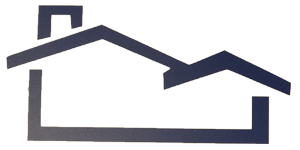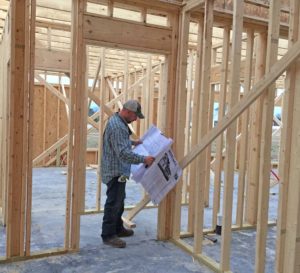20+ Ways to Protect Your Investment – Routine Home Maintenance
Exterior:
- Pressure wash the exterior of your home every two years to remove any mildew, mold, dirt or build up caused by natural elements. Note: it’s nice to pressure wash the concrete (driveway, patio, porches and sidewalks) at the same time. After pressure washing, it’s a good time to touch up any painted wood such as handrails, decks, columns etc.…
- Keep all landscaping features trimmed yearly and away from touching your home.
- Keep gutters clean and free of debris to promote good water flow.
- Treat the perimeter of your home, windows and doors twice a year with a pesticide. You can purchase a spray pesticide or have a Pest Control Company do it.
- Treat your yard (grass and flower beds) with a pesticide twice a year to protect your yard from pests and deter ANTS.
- Re-caulk (using 100% silicone) around windows and doors on a BRICK exterior home every 3-5 years. Exposure to the natural elements will cause caulk to shrink and crack.
- Keep the roof of your home clean and free of debris. Debris on a roof over time can dis-coloration of your roof and promote leaks.
- Replace the roof boots (gasket seals) around ALL pipes on your roof every 5-7 years or as needed. Exposure to the elements will cause them to shrink and crack promoting leaks.
- Clean your dryer vent (typically located on the foundation wall of your home) monthly. Buildup of lint in the dryer vent can ruin your dryer and is a fire hazard.
- Keep all wooden features (fences, decks, pergolas, arbors, storage buildings etc…) stained and protected with a water sealer yearly or every two years.
- Its good practice to inspect the crawl space (if applicable) of your home yearly for any leaks, pests problems, or standing water.
- When winter comes around, you should always disconnect your water hoses and cover all of your hose bibs (water spigots) on the exterior of your home with styrofoam covers (typically $1.00 each at home improvement store), to prevent the hose bibs and plumbing pipes from freezing.
Interior:
- All wood trim and wood flooring expands and contracts with the humidity of your home. In the winter time when the heat is running, wood tends to shrink due to the heat drying out the moisture of the wood. In the summer when the air conditioning is running, the wood tends to swell due to the moisture added by the air conditioning. Spaces in wood products of your home will come and go.
- Any tiled surface joining up to another hard surface will show cracks. This is simply solved by grout caulking. Grout caulk is a form of grout that matches the grout color, which contains silicone in it to allow for flexibility and movement.
- Tile and grout can be steam cleaned once a year to keep your tile and grout looking new and free of mildew and mold.
- Replace all air filters in HVAC system every month to three months. Note: The expensive hepa filters are great for someone with allergies but they do cause your HVAC system to work harder causing more wear and tear and adding to your utility bill.
- Apply an interior rated pesticide to the perimeter of your home (recommend twice a year). Another option is to hire or obtain a contract with a pest control company.
- Have your carpets professionally cleaned every year to two years.
- Use drain cleaner (per directions) once a year or as needed to keep your drain pipes functioning.
- Note: Do NOT pour any type of grease down your drain. It will Clog your drain!
- Keep all of your appliances clean to help ensure safety and efficiency.
- Remove lint from the lint screen on your dryer before every load. This will minimize the amount of lint going through your vent to the outside. Will also help the dryer run more efficiently.
- It’s good practice to run your exhaust fan in the bathroom while showering. This will help remove some of the moisture in the air, protecting your sheetrock and trim nearby.
- Note: A clean house is a happy house! By keeping your house clean, you will keep the dust particles to a minimum and improve the overall functionality of your homes components.




